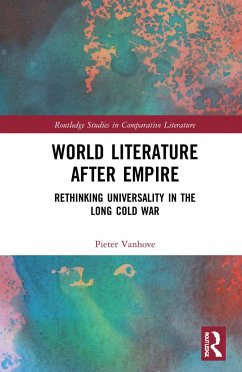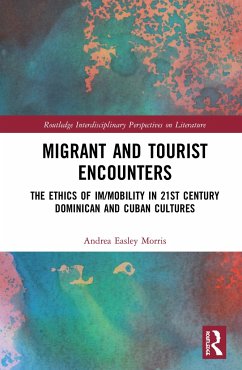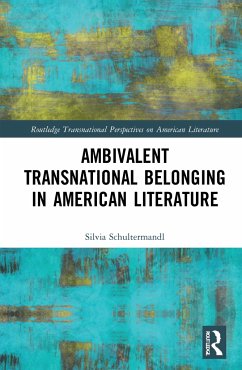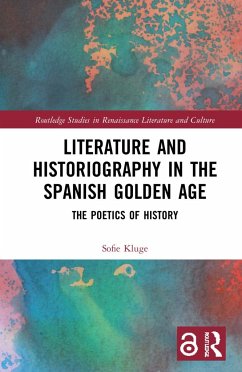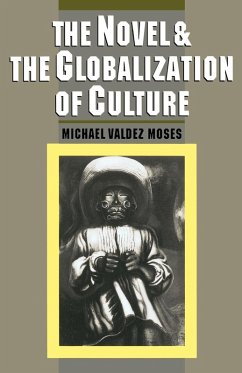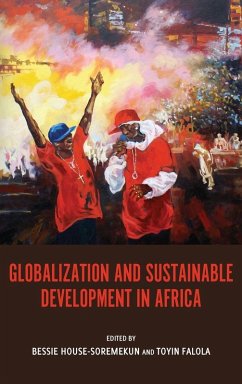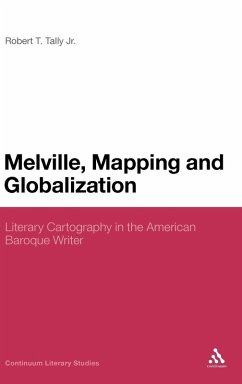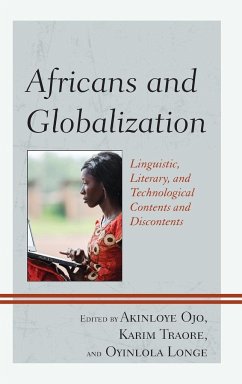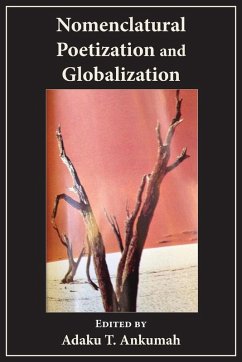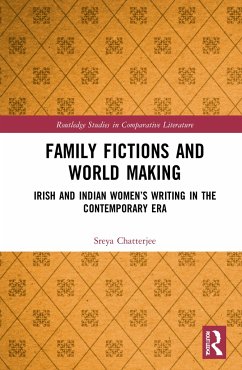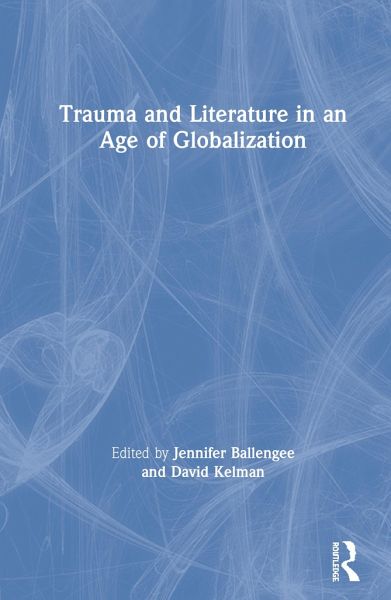
Trauma and Literature in an Age of Globalization
Versandkostenfrei!
Versandfertig in 1-2 Wochen
170,99 €
inkl. MwSt.

PAYBACK Punkte
85 °P sammeln!
While globalization is often associated with economic and social progress, it has also brought new forms of terrorism, permanent states of emergency, demographic displacement, climate change, and other "natural" disasters. Given these contemporary concerns, one might also view the current time as an age of traumatism. Yet what-or how-does the traumatic event mean in an age of global catastrophe? This volume explores trauma theory in an age of globalization by means of the practice of comparative literature. The essays and interviews in this volume ask how literary studies and the literary anti...
While globalization is often associated with economic and social progress, it has also brought new forms of terrorism, permanent states of emergency, demographic displacement, climate change, and other "natural" disasters. Given these contemporary concerns, one might also view the current time as an age of traumatism. Yet what-or how-does the traumatic event mean in an age of global catastrophe? This volume explores trauma theory in an age of globalization by means of the practice of comparative literature. The essays and interviews in this volume ask how literary studies and the literary anticipate, imagine, or theorize the current global climate, especially in an age when the links between violence, amorphous traumatic events, and economic concerns are felt increasingly in everyday experience. Trauma and Literature in an Age of Globalization turns a literary perspective upon the most urgent issues of globalization-problems of borders, language, inequality, and institutionalized violence-and considers from a variety of perspectives how such events impact our lived experience and its representation in language and literature.



